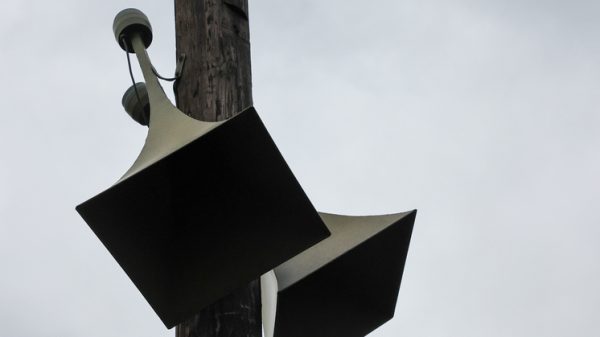
A jogger runs on a road in Tel Aviv
Credit: AP
It is a familiar dilemma for many electric car users: how to enjoy the drive without constantly fretting about where the nearest charging station is.
But Israel believes it may have found the solution, in the form of a Nikola Tesla-inspired coil system that charges vehicles as they drive along the road.
Tel Aviv has begun a trial of public buses powered by the electric roads which could start taking on passengers as soon as this January.
Though the project is at a very early stage, officials hope the futuristic technology, which can also be fitted to private cars, will eventually replace standard petrol and electricity-powered buses.
For the pilot scheme, the city has converted part of a bus route connecting University Railway Station to the Ramat Aviv suburb into an electric road, with plans to expand further if the test succeeds.
Meital Lehavi, the deputy mayor of Tel Aviv, said the “revolutionary” green energy scheme may one day lead to redundant petrol stations being turned into green spaces for the public.
“This shift will also help us improve the quality of life for the city’s residents and visitors by dramatically reducing air and noise pollution,” she told the Telegraph.
The technology uses a coil system to transfer energy, which passes from transmitters laid under the road’s surface to batteries screwed on to the buses.
Unlike a similar project in Sweden two years ago that used wires to connect the roads to the vehicles, this model allows energy to pass through the air.
It was developed by Israeli tech firm ElectReon, which has held early talks on running a pilot scheme with Transport for London and more recently installed electric roads in Sweden.
“It’s a very basic principle that was invented a hundred years ago by Nikola Tesla, which is transmitting energy over the air,” said Oren Ezer, the CEO and co-founder of Electron.
“It’s easy to deploy, as you just need to fit a frame on the bus to install a receiver and connect the battery. You don’t need to change anything, you can use an existing vehicle.”
He added that the firm managed to install 400 yards of electric road in Tel Aviv overnight, and is aiming to install 2,100 yards of road per day.
Setting up a 1000-yard stretch of the electric roads costs around $600,000 (£450,000) but Mr Ezer said this was much cheaper than purchasing electric cars in the long run.
“If the pilot is successful, we will examine the possibility of extending use of the technology to other electric vehicles to help us reduce air pollution, [such as] shared taxi services, supply chain lorries and autonomous cars,” added the deputy mayor.
Electric vehicles are widely regarded as a key weapon against climate change, but some consumers have been turned off by the need to frequently locate charging stations to keep them running.





















































Свежие комментарии